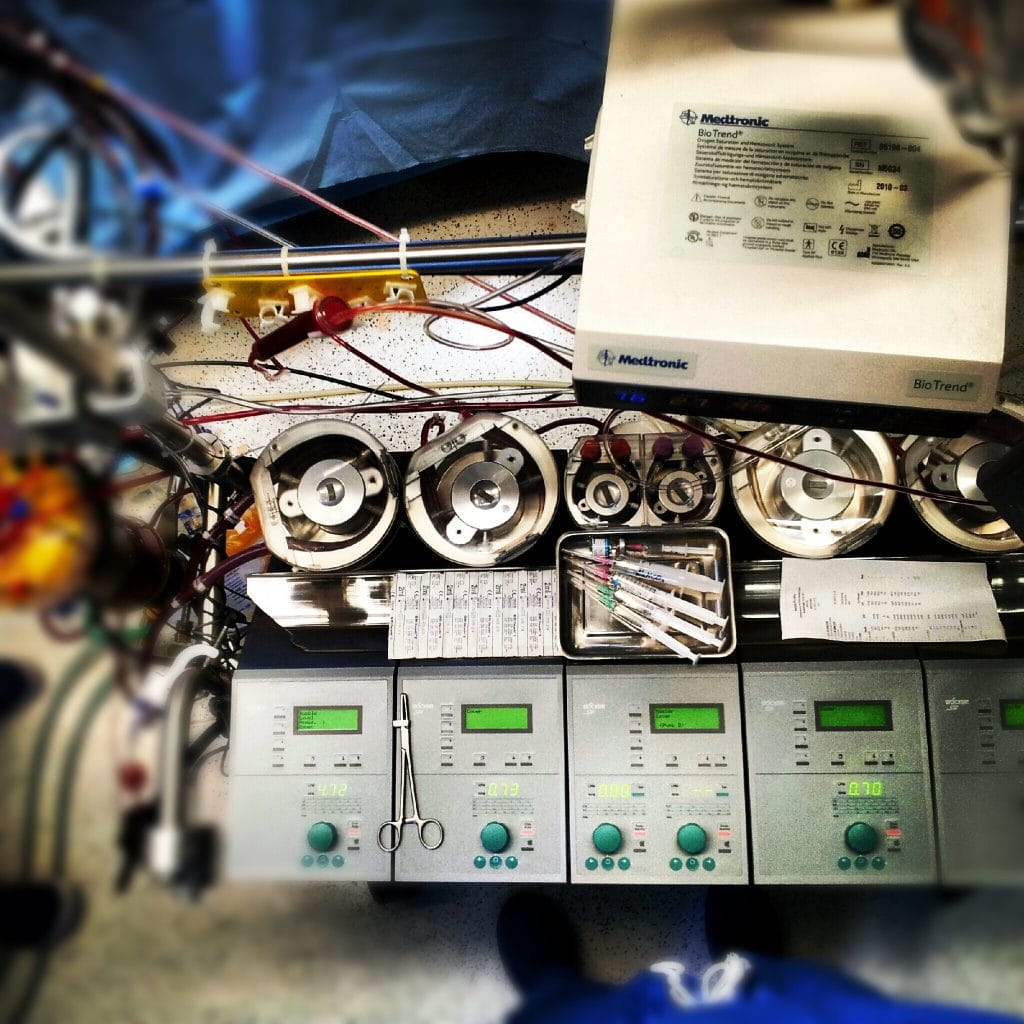The Use of Corticosteroids for Cardiopulmonary Bypass in Adults

Purpose of Review
Cardiopulmonary bypass for on-pump cardiac surgery induces a systemic inflammation that may contribute to postoperative major complications. To reduce this inflammatory response in patients undergoing heart surgery, the perioperative use of anti-inflammatory corticosteroids has long been recommended to improve clinical outcomes. However, the efficacy and safety of steroids remain still unclear.
Recent Findings
We reviewed recent published literature, including the large clinical trials DECS and SIRS and the two meta-analysis by Dvirnik et al. (2018) and Ng et al. (2020), on mortality and major postoperative complications, such as myocardial complications, atrial fibrillation, stroke, pulmonary adverse events, length of ICU and hospital stay, renal failure, and infection.
Summary
The perioperative application of corticosteroids did not improve mortality rates beyond standard care or other secondary outcomes, such as myocardial infarction, stroke, renal failure, and infection. The observed increased risk of myocardial damage in patients receiving corticosteroids in the SIRS trial is mainly related to the author-defined CK-MB threshold as indicator for early myocardial injury. Interestingly, the use of steroids may have some beneficial effects on secondary outcomes: they significantly decreased the risk of respiratory failure and pneumonia and shortened the length of ICU and hospital stay, but the mechanism involved in pulmonary injury is multifactorial and it is difficult to evaluate this result. Patients receiving steroids did not have a decreased incidence of atrial fibrillation shown by the two large trials unlike some previous small sample size trials have demonstrated.
